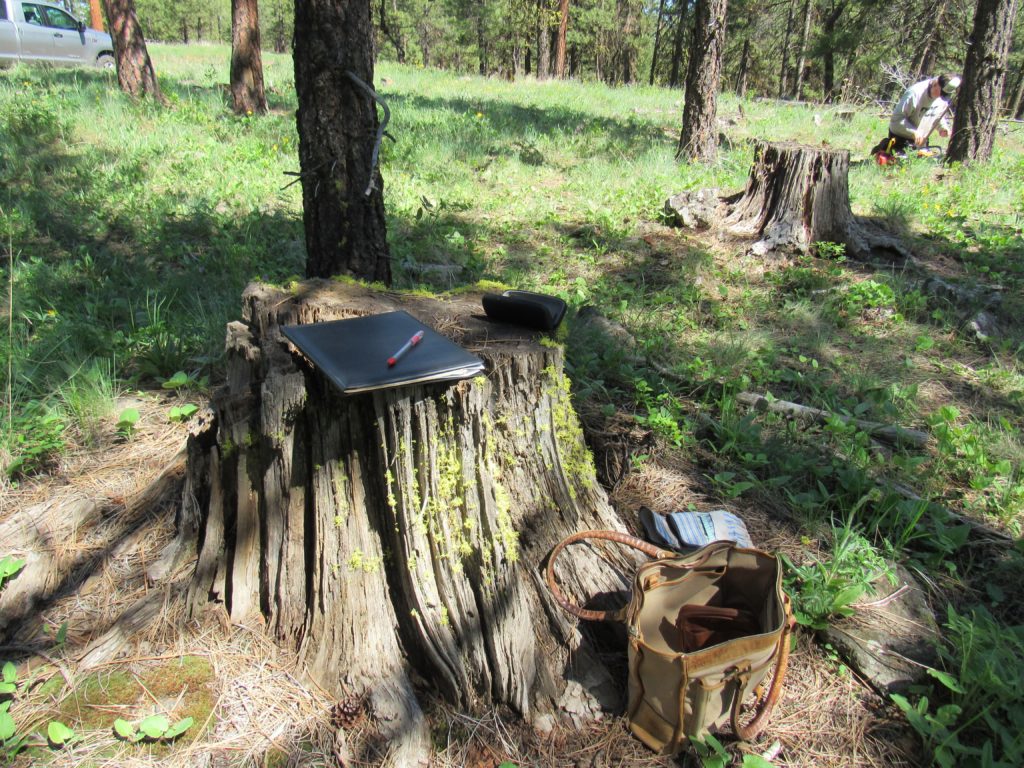There’s been some chat over on Substack Notes about the notion that the characters sometimes take charge of a story, and whether using that language is appropriate or not. In a lot of ways, the discussion falls into the old “plotter vs pantser” dialogue–some people require that the plot be locked down (okay, that’s an extreme representation but some are really into it) while others engage in discovery writing where they kind of know where they’re going but not how they get there. The fundamental conceit from the plotters is that if a character isn’t coming alive, then the writer hasn’t invested enough time in worldbuilding and character creation because there’s a problem with the story. Well, the pantsers admit to similar issues as well.
I’m not sure about that. Eventually I’ll write about the process wherein Gabe Ramirez metamorphed into Gabriel Martiniere, wealthy heir with a conscience who’s on the run from his family, but for the moment I want to talk about the process behind my eventually writing Justine’s book. She’s the archetype of a character type that I call “the reluctant character.” The character that shies away from any exploration of their deeper motives, dancing on the edges of the story (usually as a secondary character). You know that character has a backstory that explains every puzzle piece you’re fitting together regarding them, but what is it?
Such was the case with Justine.
Justine Solange Martiniere (sometimes Justine Solange Martiniere-Atwood) started out as a quirky secondary character with a background in security and one hell of a grudge against her toxic father. She also seemed to have a handle on conspiring, organizing, and dissembling about who she really was and what she wanted to do. The joke throughout the early Martiniere books was “Need to go somewhere? Just have Justine send a plane.” She also collaborated with a Martiniere cousin, Serg Vygotsky, in some sort of secretive weapons dealing involving not just the more paranoid Martiniere Family members based in Europe, but other wealthy families who wanted tight-mouthed, quiet security setups. And then there was her clandestine involvement with a reproductive rights activist organization that helped indentured women remove hormonal ID tags so they could no longer be controlled by powerful men.
But just how did Justine get to that level of power and authority, besides being richer than hell and divorced from an even richer man with whom she seems to still have secretive connections? Whenever I started poking at the motives behind her wisecracking, sardonic schemes, she deflected my inquires. The character Justine was not ready to talk about her past. Bits and pieces kept coming out, but it really wasn’t until Gabe’s book, Broken Angel, that she indicated she was ready to talk.
I had suspected that abuse lay behind her hatred of her father Philip and brother Joseph. But whoa, was it ever something when she talked. Gabe was her protector, along with their cousin Serg, up until circumstances forced her to find a husband to protect her from her father and brother until she was old enough and powerful enough to do so herself.
However, simply writing her story in a linear fashion still didn’t work. Justine had thoughts, many thoughts about her past. I ended up drafting a frame story, where Justine reflects on her life in an attempt to figure out a means to resurrect her ex-husband Donald as a digital thought clone, because the Family is facing attacks from a long-term foe that has also gone digital.
That created a significant aha moment, because Justine’s deep love for Donald, despite the means of their getting together, is a fundamental base for her character. Many of Justine’s regrets in later life center around her willingness to sacrifice her relationship with Donald in order to stop her father’s manipulative schemes. Her love for Donald vies with her strong sense of obligation to the Martiniere Family–not her father or brother Joseph, but other Family members trying to stop her father’s megalomania.
There was my story. Justine telling stories about her past in order to help figure out a means to counter the current threat to the Family from those unknown digital thought clones, while providing the needed recordings and information in order to create Donald’s digital clone. Does Justine have regrets? Oh, does she ever. Does she think about her own mortality? Of course! She’s in her late seventies during this story, and has lost the age peers dearest to her. She’s also the guardian of her great-nephew Ron, which leads to its own issues. And she has things to resolve with her father Philip’s physical clone, Mike, who also has a raft of issues involving Philip.
Mix that all together and the result became Justine Fixes Everything: Reflections on Mortality. The “Fixes” part of the title reflects her own sardonic assessment of what her role in the Martiniere Family has been, ever since she struck out on her own by marrying Donald. Does she want to end up with this role over a long period of time? Well, that’s a question she keeps considering throughout the book.
Justine Fixes Everything: Reflections on Mortality is available in paperback through Bookshop, and also in ebook through Amazon, Apple, Barnes and Noble, Kobo, and Smashwords. Check it out for yourself.










